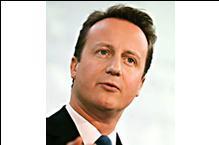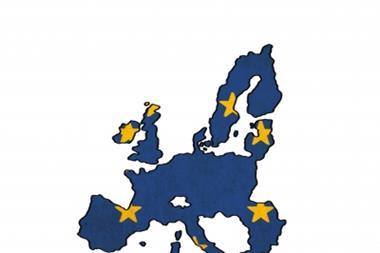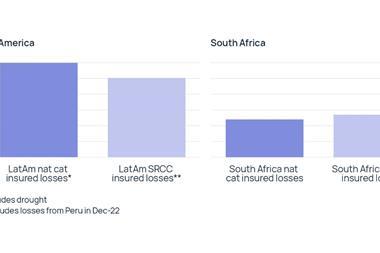Growing support for populist parties in Europe is increasing political uncertainty, meaning firms must be able to adapt to a shifting risk landscape

The rise of so-called populist parties in Europe is pressuring governments to adopt policies that, arguably, conflict with corporate interests.
As a result, the political risk landscape has become less predictable, meaning firms need to monitor developments closely and practice long-term scenario forecasting to prepare for a range of political eventualities, says Maplecroft principal analyst, head of Europe and Central Asia research Dr Florian Otto.
In the UK, the UK Independence Party (UKIP) gained two seats in parliament ahead of the general election in May 2015, having already won more votes than the Conservative or Labour parties at the European Parliamentary elections this year.
In France, Marine Le Pen’s National Front (FN) is gaining ground as an unpopular socialist government struggles to revive the country’s moribund economy. In Greece, the far right Golden Dawn party won almost 10% of votes at the 2014 European elections (even though one-third of its leadership is in prison on charges of running a criminal organisation). Meanwhile, the Alternative for Germany (AfD) party is also challenging the status quo.
However, these challengers do not all stand on the right of the political spectrum. In Italy, the Five Star Movement is gaining ground, but did not do as well as predicted in the 2014 European elections. In Greece, leftists Syriza won a majority earlier this year.
Flexibility will be critical to navigating through the political uncertainty, according to Otto and multinationals should understand the varying objectives of the populist groups across the continent.
He said: “I wouldn’t compare the AfD party with the FN in France and [the AfD] is less eurosceptic than UKIP.”
“The AfD doesn’t want to exit the EU or the common market, it wants only to scrap the euro. Nevertheless, the AfD is sometimes characterised as a nationalist organisation.
“Similarly, UKIP is this strange combination of euroscepticism and anti-immigration with a libertarian economic position.”
Amid this heightened political uncertainty, long-term scenario forecasting becomes important, according to Otto: “Although predictions will often be wrong – the future is hard to foresee, after all – the process of exploring possibilities changes [companies’] attitude to risk and encourages them to invest in resilience.
“This develops a better approach to the [current] uncertain environment. Many trends are conflicting and flexibility is key. It is important not to make assumptions, even in respect of territories that are perceived to be well known.
“General thinking has to change and it is essential to accept that it is hard to prepare for a specific scenario and, instead, a broadly defensive position should be taken and the ability to respond flexibly should be maintained.”
One important practical aspect of adopting such a defensive position is budgeting for litigation when engaging in public tenders in markets where populist and nationalist parties are gaining influence, according to Otto.
He said: “Judiciaries across Europe are generally functioning well, but settling litigation with the public takes a long time and is expensive.
“When populist parties are strong, not to mention in government, this increases the risk of corporate demonisation, which puts pressure on governments to act against perceived injustices stemming from the business community. It is important, for example, to make sure that the retrospective application of new laws is explicitly disallowed in contracts with public bodies.”




















No comments yet